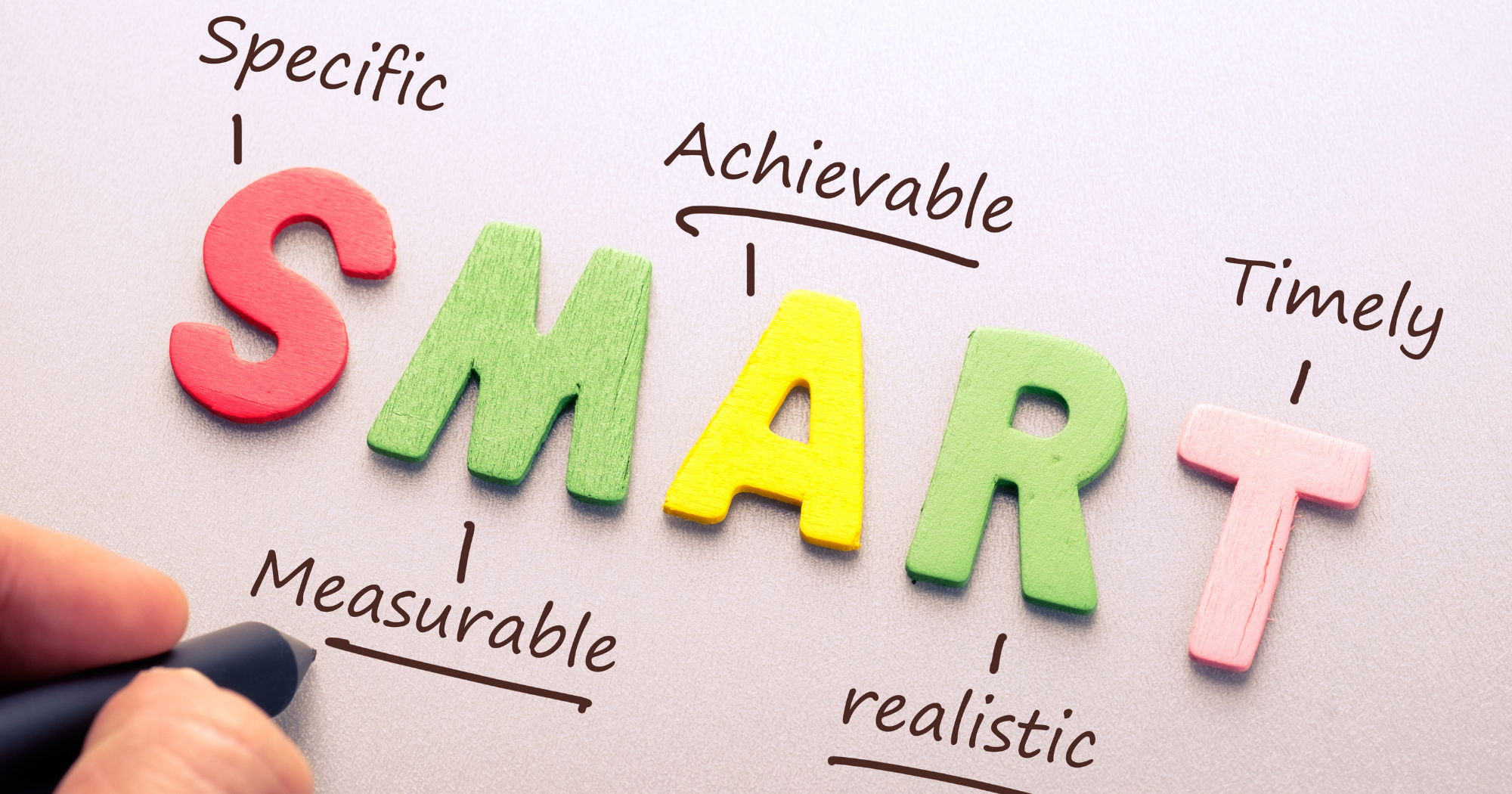
If you’re looking at the prospect of a quarter of your life having already passed you by, you’re probably starting to think about your future, because there is no denying it anymore — you’re a grown-up.
At 25 you are also in the enviable position of still having most of your working life ahead of you, so you have ample opportunity to save, invest, plan and prosper. In your teens and early 20s, you probably made the most of life and enjoyed the independence and freedom which came with earning your own income.
However, once you pass over the threshold of 25 it’s probably time to also take on the responsibility which comes with that financial freedom. You need to implement responsible spending and savings habits, including a budget, an investment plan, and a plan to pay off any debt to make sure that you can maintain that financial freedom.
To start your financial planning you need to do some goal setting. What are your short, medium, and long-term goals?
Now make some estimations of how much you will need to meet each of your goals, and then work out how much you will need to save each month to meet those goals on schedule. You can use a calculator, spreadsheet, or online calculator to help you.
While it may be hard to imagine planning for your retirement when it is at least 40 years away, you have some unique opportunities and unique benefits if you start saving now. For example, workers in their 20s have an overall diminished loyalty to employers and with so many more job changes, you can be looking at a smaller retirement fund contribution and other benefits such as long service leave.
Plus, it is looking less and less likely that retirement benefits will be around in 40 years, and while retirees have trouble living on a pension now, the benefits will be even slimmer in the future.

Luckily you have tonnes of time on your side to carve out the life and financial future you want for yourself and your family. Starting to manage your money can be daunting but creating a budget and putting away money in your savings for your short, medium, and long-term goals is a good way to start planning for your future.
Just make sure that you have set a budget you can stick to, where you don’t miss out on too many luxuries or entertainment, because falling off the budget wagon can cost you in splurged savings and credit card repayments.
You also need to start looking at what else you can do with your money to make it work harder for you. You may want to start by looking at term deposits, or certificates of deposit where you can invest a certain amount of your savings at a fixed interest rate for a guaranteed return over a set term. Just remember that you won’t be able to access those funds during that term, which could be just the incentive you need to force you to continue saving.
If you’re trying to meet long-term goals, it’s important to learn how to start investing. Stock market investments typically outperform every other form of investment in the long term, but you will need to dedicate more time to managing and monitoring your investments and be prepared for seemingly significant ups and downs along the way. Mutual funds and index funds tend to be some of the least risky investments in the stock market as they average out the ups and downs of many different stocks.
You can invest in a dedicated retirement savings account which may be provided by your employer, and which you can make additional contributions to. Retirement savings accounts external to your employer can also earn you a high-interest rate, and in some cases, you can be eligible for government contributions that will match your own deposits up to a capped amount each year. An example of this is a 401k plan or KiwiSaver. Once you’ve maxed out your yearly contributions in those, you could open up an investment account such as a Roth IRA if you’re in the USA. These are excellent choices if you think your marginal tax rate will be higher in retirement than today. You would pay income tax on however much you’ve contributed to the account that year, rather than when you retire, effectively reducing the amount of tax you may have to pay. You can use online tools to help you track your retirement fund to help give you a holistic view of your finances.
New asset classes such as cryptocurrency have gained lots of attention in recent years due to their ability to make large returns incredibly quickly. This should be taken with a grain of salt as it’s an extremely volatile asset class, and it is not uncommon for the inverse to occur. Diversification can be key to mitigating risks so you could consider adding crypto into the mix if you are interested in it but you should be sure to do your due diligence.

While there are still a lot of financial variables between being 25 years old and hitting retirement age, the financial plans you make now can help set you on the right track. At 25 your biggest asset is your ability to earn an income and if you become sick or injured then your income will be affected and so will all of the savings and investment plans you have so carefully put in place.
Therefore, start comparing life insurance and income protection insurance policies which will pay a benefit to your family if you die, and can also continue to pay out a large portion of your income if you become sick or injured and cannot work for an extended period of time. You may also want to consider permanent disability insurance in case you need specialist care and you are unable to return to full-time work.
Your first home will also be a big part of your financial plan if you are 25 years old and making the right decisions regarding buying and paying off your home is an important part of your financial plan.
There are many factors you should consider before you start looking for your first home and you fall in love with a property you can’t afford. Speak to a bank or mortgage broker to find out exactly how much you can afford to borrow. Not how much you are eligible to borrow, but how much you can afford to borrow while still maintaining your lifestyle and your savings and investment plans, and accounting for any emergencies.
Traditional wisdom would dictate that for a successful financial future and retirement you need to buy a house so you aren’t paying mortgage or rent in retirement, and a passive income stream from investments. This may be the case outside of major metropolitan areas, however, in places like Auckland, New Zealand where the average house price increased by 23% and hit a median of over $1.2 million in 2021, young people now face being priced out of the housing market.
Depending on your financial situation, you may find it advantageous to not purchase your own home (which could leave you with a loan so large you’ll be paying it off well into retirement) and build up your investment portfolio instead.
In any case, your goal is to have enough of an income stream in retirement so that you don’t have to rely solely on the pension and have enough to actually live the life you want to in retirement. Therefore, you need to take a holistic view of your finances, rather than focusing on just repaying your mortgage and then finding you only have ten years to prepare for your retirement.
Once you become an adult and have the responsibilities of the real world thrust upon your shoulders, the need for a strong financial plan is paramount. Frame your finances around your values, while also thinking strategically around what the most strategic move is for you. Use your goals for the future to determine how and where you want to save and invest your income. Your future is coming faster than you think, so you might as well take the time now to get prepared.